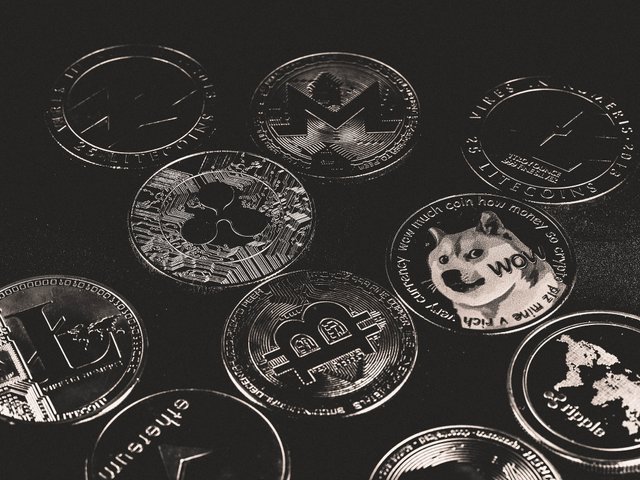Crypto in Agriculture: Blockchain's Role in Supply Chain Traceability
Assalamu Alikum
"The Crypto in Agriculture" refers to the integration of blockchain technology in the agricultural sector to enhance supply chain traceability. Blockchain allows stakeholders to trace the journey of agricultural products from farm to consumer as blockchain ensures transparent and secure transactions. Essentially, this technology can help verify the authenticity of food products, reduce fraud and improve overall transparency in the agricultural supply chain.

Blockchain technology acts as a decentralized and secure digital ledger, in the context of agriculture. Here is a more detailed explanation of how this works in supply chain traceability:
| 1. Decentralized Laser - |
|---|
Blockchain is a distributed ledger that records transactions across a network of computers. Agriculture may include farmers, suppliers, distributors, retailers and consumers in this network.
| 2. transparent and immutable - |
|---|
We all know that blockchain is a technology where if any transaction is recorded it cannot be changed or deleted. It has all participants access to the same, immutable records that ensure data integrity and transparency throughout the supply chain.
| 3. Smart Contracts - |
|---|
Smart contracts are self-executing contracts with predefined rules that allow the use of blockchain smart contracts. Smart contracts can automate various processes in agriculture, including post-delivery payments or quality checks, reducing the need for intermediaries and reducing fraud.
| 4. Searchability – |
|---|
Every step of the agricultural supply chain, from planting and harvesting to processing and distribution, can be recorded on the blockchain. Consumers can trace a product's origin by scanning a QR code, gaining insight into its journey and confirming its authenticity.
| 5. Fraud Reduction - |
|---|
Here becomes challenging with the immutability of blockchain, fraudulent activities such as false labeling or misrepresentation of product information. It builds trust among consumers and helps maintain the integrity of the supply chain.
| 6. Quality Assurance – |
|---|
May include data related to each stage of production, including soil conditions, cultivation practices and transportation details. This comprehensive information assures customers of product quality and adherence to ethical and sustainable practices.
| 7. Efficiency and cost savings - |
|---|
Blockchain can increase overall efficiency in the supply chain, streamlining processes and reducing the need for intermediaries. This can result in cost savings for both producers and consumers.
| 8. Market Access - |
|---|
Blockchain can increase global competitiveness by providing improved traceability and transparency of agricultural products. By facilitating access to a wider market here, it becomes easier to meet international standards.

So friends, that's it for today. Let me know in your comments what you think of today's topic. I am ending here wishing everyone good health. All be well and stay healthy.
https://twitter.com/youshamunna4/status/1763616365578215752?t=1s2iJNkb7yDp-InQKOmb6Q&s=19
Thank you
A very instructive article. I like your article very much. Please share more articles like this.
It's my pleasure dear brother, thank you so much.
Transparency like you have rightly pointed out is one such good side of blockchain to supply chain, thanks for explaining in great detail
Yes, thank you so much.
Crypto and blockchain can be use in many sector. Very nice explained from your brother. Love it.
Thank you so much.
Really very nicely explained about. Wish you all the best. Keep posting like this.
Trying to my best.
You have given a very nice explanation about Crypto. I really understood a lot from here. Thank you and I look forward to benefiting from you in the future.
Inshallah, thank you so much.